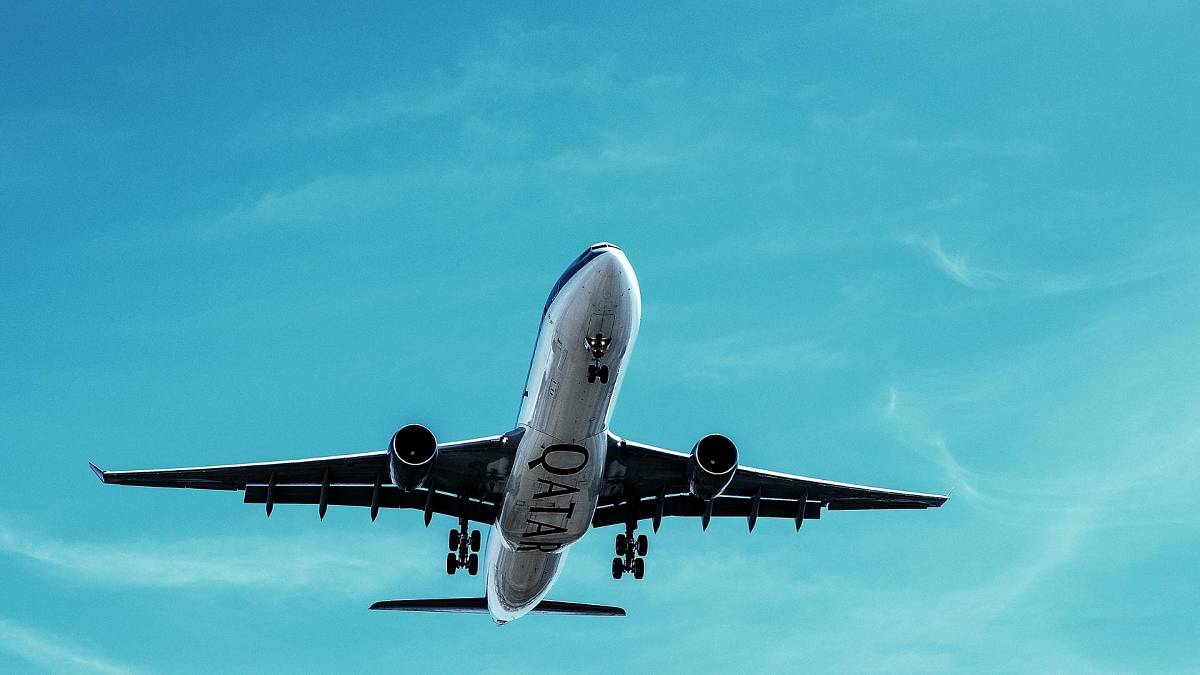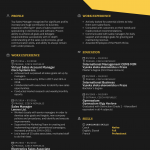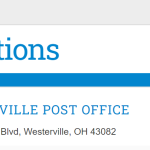Documentation Requirements For Travel to by Air
Requirements for travel by air
If you are travel to by air, it is necessary to have all of the proper documents. Check with your airline for more information. You may also need to have additional documents if you are going to a country with different requirements. Be aware that government mandates and restrictions can change rapidly, so be sure to check with your airline or embassy.
It is also important to know what the requirements are for entering your country and transit points. You must adhere to these rules, or you could be denied entry. Providing required health information and documents is also a necessity. Failure to provide these documents could prevent you from boarding the plane. The CDC requires that all travelers in the U.S. provide their contact information.
Vaccinations are also important for Canadians who are planning to travel by air to the United States.
In response to concerns over the spread of the COVID-19 virus, the CDC issued new requirements for air travel. The requirements include a combined passenger disclosure and attestation form. These documents require travelers to present evidence of a negative test for COVID-19, as well as proof of recovery from the virus. They implement the Presidential Proclamation on Advancing Safe Global Travel During the COVID-19 Pandemic.
The document provides a framework for addressing the potential effects of COVID-19 on global aviation, including mitigation measures that will help mitigate the risk to air passengers and airline workers and support the development of air travel infrastructure.
As a precaution, individuals should avoid traveling overseas if they are suffering from COVID or any other illness. They should wear a mask and remain isolated. Traveling by private vehicle is also recommended in order to minimize the risk of spreading the virus to other travelers. In addition, travelers should download a poster containing information on how to comply with health precautions in airports.
Air travelers who are not fully vaccinated for COVID-19 must obtain a viral test within a day before departure. They must also present a letter from a public health official or licensed health care provider. The CDC will work with airlines to ensure that these new requirements are implemented successfully.
Requirements for travel by air during peak season
Air travel during peak travel seasons can be challenging. The airport is often packed and waiting times can be long. While these delays can be stressful, there are ways to avoid them and make your journey more predictable. For domestic flights, try to arrive at least two hours before boarding time. For international flights, aim to arrive at least three hours before departure. Although it is no longer mandatory to wear a mask when traveling, the CDC recommends that you do so. Before leaving for your flight, be sure to check COVID-19 requirements in your destination. Some airlines offer COVID-19 testing on baggage claim levels, making it easy to check if you are in compliance with these requirements.
Things to Consider When Traveling by Air
Before you travel to a new destination, you should make sure you understand the specific requirements and restrictions that apply to your itinerary. These include: Documents and Requirements, Peak season, and Peak season restrictions. You can also check if you need to purchase a special visa for your destination.
Requirements
When traveling by air, it is important to know your immigration requirements. You must carry a valid passport or a NEXUS card if you are traveling from outside the U.S. Nonimmigrant aliens from Mexico, Canada, and Bermuda must have a valid passport in order to enter the United States. Children must have a valid passport to travel by air without a parent or guardian. Children under six years of age are exempt from this requirement, but must be accompanied by an adult who meets the requirements.
You should also know the requirements in your destination country and any transit points. It is important to follow the rules and regulations for each country, as well as provide necessary health information and documents. Failure to provide any of these documents can cause you to be denied boarding. In addition, check with the CDC to determine if you need vaccinations and local health orders for the country you are visiting.
Restrictions
Travelers should be aware of restrictions when traveling by air. These measures depend on the travel risk and are set by health agencies. It is also possible for these restrictions to change without notice. The health authorities have to consider the safety and convenience of the passengers, as well as the capacity of airports and air carriers.
Peak season
In air travel, the peak season is the busiest time of the year. This is usually around the holiday season and when air travel costs the most. Many airlines and hotels will raise prices to accommodate these travelers. Choosing the right time to travel can help you get the best deals possible. Listed below are some tips to make your air trip as affordable as possible.
Plan your trip ahead of time to avoid the busiest times of the year. Generally, winter is the peak travel season, but there are some exceptions to this rule. Some popular destinations experience more snowfall than others and are likely to be crowded during this time. You can also expect fewer empty seats on airplanes. The waits will also be longer, and you will be less likely to get a free upgrade.
Documents
When you’re traveling by air, it is important to know what documents you’ll need. Some airlines require photo identification, while others do not. In any case, a valid government-issued ID is required for international travel. You’ll also need some type of ticket or itinerary if you’re traveling domestically.
You’ll also need a valid photo ID if you’re traveling on a concession fare. It’s also a good idea to keep photocopies of all travel documents.
Government mandates
Government mandates for travel by air are becoming a major source of controversy. These policies have led to several lawsuits and have been the target of the Biden administration, which has repeatedly imposed overbearing mandates. These include the vaccination requirement for federal employees, an eviction moratorium, and the masking mandate for air travelers. However, there is a glimmer of hope, with a broader view of the situation. While it is impossible to eradicate COVID-19 completely, the CDC and DHS are seeking to limit the risk to air travelers and make it easier to prevent it.
The CDC, which oversees public health, has recommended that air travelers wear a face mask. But it didn’t provide further information, and the CDC has not announced when it will require travelers to have it. The extension of the mask mandate comes at a time when airlines are bracing for the spring travel season. The emergence of the omicron variant in the swine flu virus had dampened travel demand after Thanksgiving, but carriers are confident that bookings will rebound.















